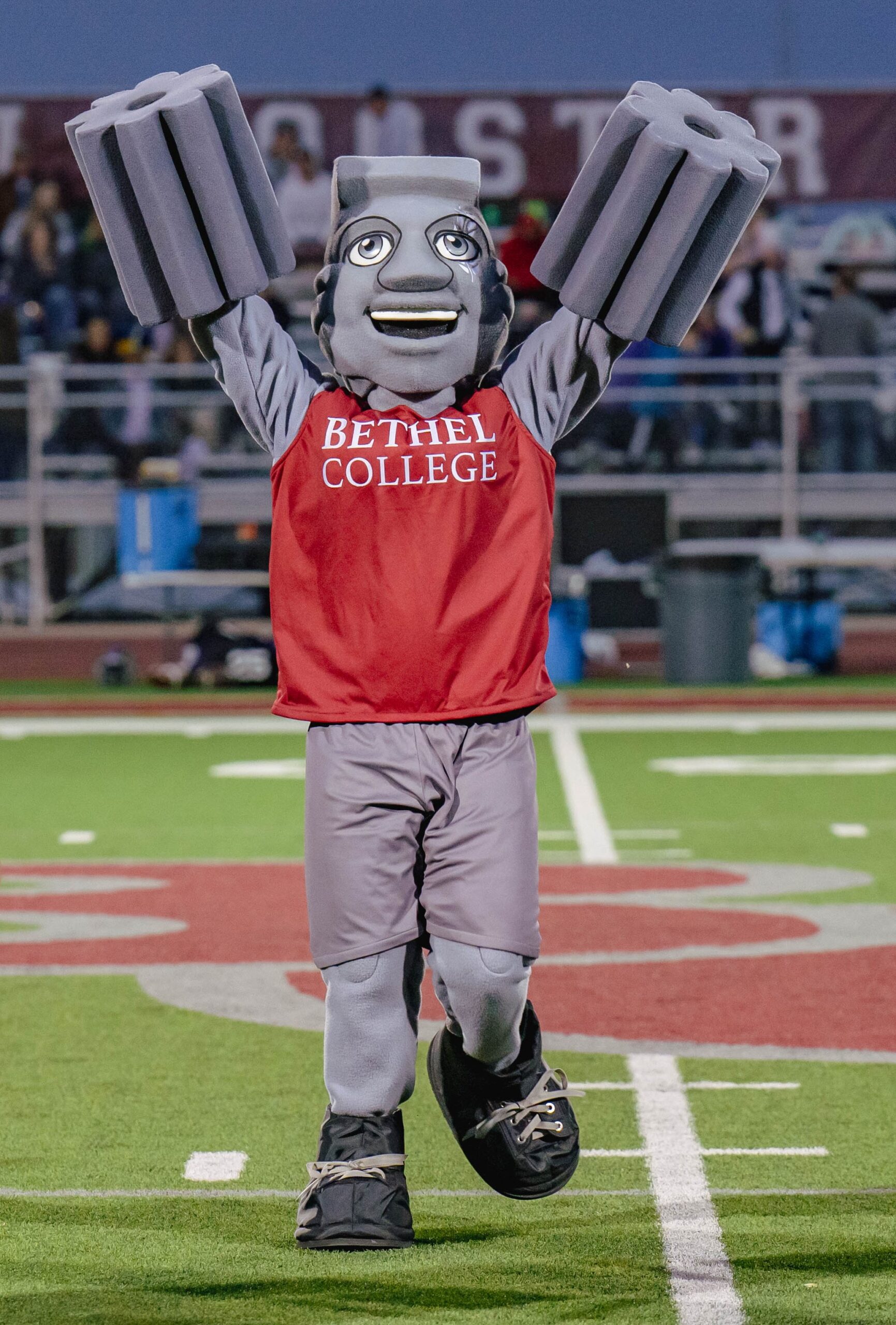Change in nature can be fast or slow, but it’s constant and in constant flux, says artist Marguerite Perret, now exhibiting in Bethel College’s Regier Art Gallery in Luyken Fine Arts Center.
Perret’s work in cast porcelain, “Transmutation Speculation: Fluid Nature,” is on display through March 22. The artist, a professor at Washburn University in Topeka, will be on campus March 21 and will give a talk that evening.
The public reception is March 21 from 6-8 p.m. at the gallery. At 7 p.m., Perret will speak on “Navigating Wormholes: The Past is Present” in Krehbiel Auditorium in Luyken Fine Arts Center. The talk is supported by the Bethel College Women’s Association’s Carolyn Schultz Lectureship.
Perret will also meet with students while on campus, said Rachel Epp Buller, professor of visual arts and design and Regier Gallery coordinator.
“She will run a workshop in my Book Arts class and work with students in the Slow Art for Fast Times class as well. Marguerite is an experienced teacher and I am eager to learn from her alongside my students.”
Regular gallery hours are Monday-Friday, 9 a.m.-5 p.m., and Sunday 2-4 p.m. Note that the gallery is closed during Bethel’s spring break, March 10-17. There is no admission charge.
“Transmutation is the act of transforming, converting or changing one nature into another,” Perret says in her artist statement. “It is often associated with alchemy, lead into gold – but it was also an early expression for the process of the evolution of species.”
The exhibit “includes an installation of cast porcelain ‘specimens’ and composite mixed media objects paired with photographic images that reflect on the ecological impact and response to the plethora of human-manufactured objects and substances in the environment,” Perret continues.
“These synthetic specimens are cast-offs from the world of consumable goods and appear to be in various states of decay: torn, broken and ruptured.
“They have entered and become part of the ecosystem, encrusted with fungal mycelia, zebra mussels, leech-like creatures [and] suggestions of biofilms, and populated with other speculative macro- and microscopic transplants and colonizers
The pieces are displayed on various custom-designed or found pedestals and “study” tables that Perret “rearranges and recontextualizes” each time she installs the exhibition.
Perret is professor of art at Washburn University, where she teaches foundation design, digital imaging and contemporary art theory as well as cross-disciplinary, special-topic courses that blend art, science and ecology (for example, Endless Forms: Darwin’s Legacies, an upper-division graduate-level course examining the influence of the theory of natural selection in the arts and humanities).
Perret has a B.A. from William Paterson University, Wayne, N.J., an M.A. from Montclair (N.J.) State University and an M.F.A. from Southern Illinois University-Carbondale.
Perret conducts arts-based research through a social issue-engaged studio practice that examines the promise, complications, and sometimes contradictory narratives inherent at the interstices of art, science, health care and personal experience.
She has collaborated with artists and researchers internationally with projects sited in Europe, South America and throughout the United States.
Bethel is a four-year liberal arts college founded in 1887 and is the oldest Mennonite college in North America. Bethel ranks at #23 in the U.S. News & World Report rankings of “Best Regional Colleges Midwest” for 2023-24. Bethel was the first Kansas college or university to be named a Truth, Racial Healing and Transformation (TRHT) Campus Center, in 2021. For more information, see http://www.bethelks.edu













